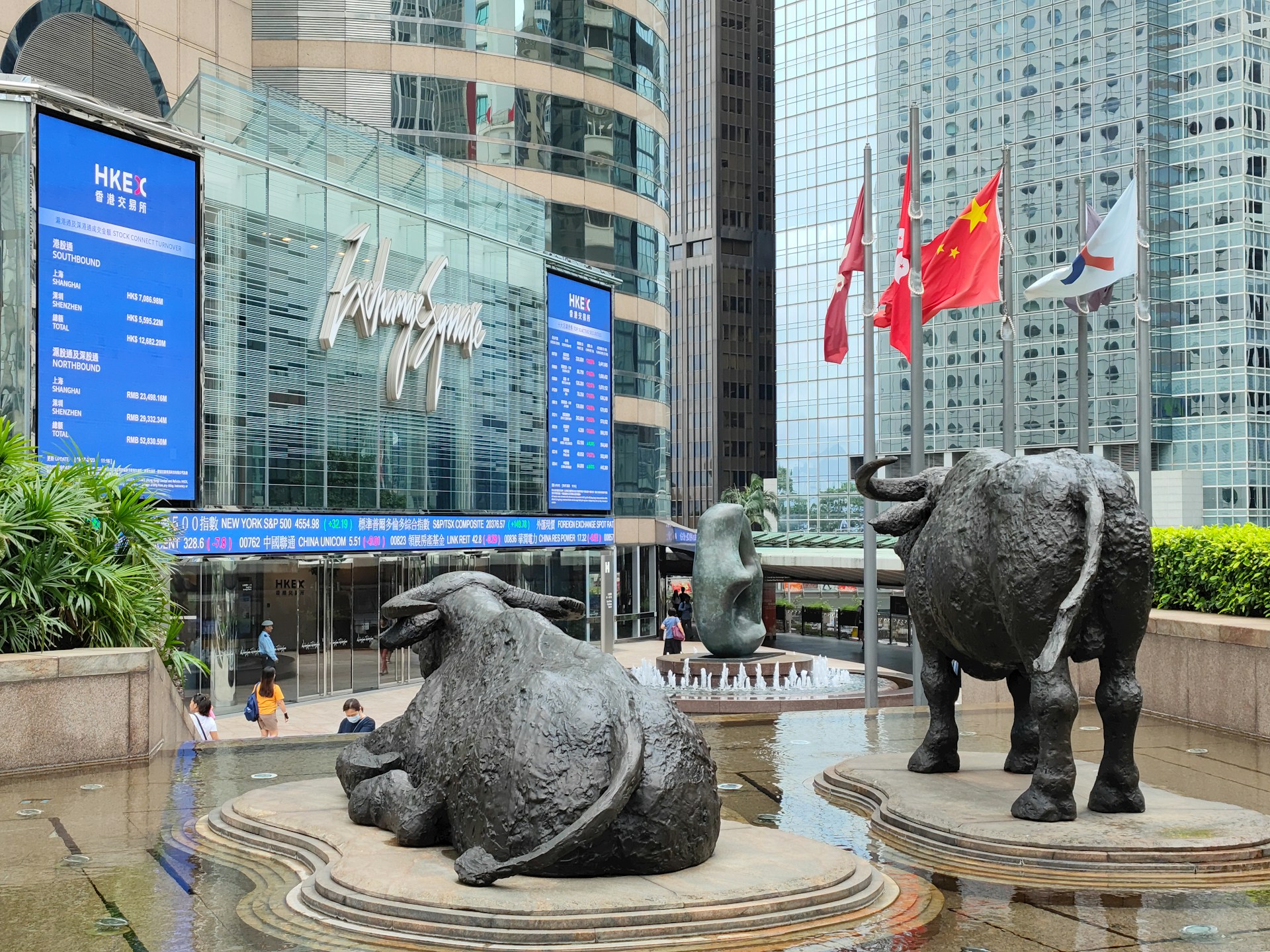Hong Kong equities closed near a two-week low this week, rattled by the dual macro overhang of a Federal Reserve holding pattern and disappointing Chinese factory data. While the headline loss in the Hang Seng Index appeared modest, the underlying policy signals embedded in the move point to a deeper realignment in regional capital sentiment. The immediate market reaction masks a broader capital narrative: a shrinking zone of policy maneuverability in Asia.
The US Federal Reserve’s latest decision to leave interest rates unchanged came with language that leaned more cautious than markets had hoped. Despite improving inflation metrics, policymakers emphasized persistence over prediction, reiterating that more evidence of cooling was necessary before cuts could be considered. This was not the pivot equity markets were positioned for. The consequence: an upward recalibration of near-term borrowing costs, especially for Asia-based funds exposed to dollar-linked liabilities.
The Fed’s tone reinforced the view that disinflation has not yet reached a threshold that permits comfort, let alone a new easing cycle. For emerging markets, particularly those pegged to or benchmarked against the US dollar like Hong Kong, the result is continued monetary constraint with limited room for local divergence.
If the Fed’s hold signaled global rate inertia, China’s July manufacturing PMI print provided a domestic growth warning. Falling to 49.3—firmly below the 50-point threshold that separates expansion from contraction—the latest figure marked the lowest reading in six months. The non-manufacturing index, covering services and construction, also edged lower, adding to concerns that China’s post-Covid rebound remains uneven and structurally fragile.
Despite repeated signals from Beijing of impending policy support, actual fiscal or monetary injections have been cautious. Local governments remain constrained by debt overhangs, while the central bank has treaded carefully in deploying liquidity tools, wary of currency pressure and speculative asset bubbles. The result is policy ambiguity at a time when clearer stimulus might offer marginal economic benefit—but disproportionate financial risk.
The Hang Seng Index’s pullback—its steepest in nearly a month—reflects more than just short-term risk aversion. It captures institutional hesitation around China's policy credibility and the region’s exposure to synchronous stagnation. Fund managers, particularly those managing sovereign allocations or pension reserves, are gradually reweighting away from North Asia. The flows are not dramatic, but they are directional.
For Hong Kong, the pressure compounds existing concerns about geopolitical positioning and capital market competitiveness. The city’s role as a conduit for mainland investment—and as a proxy for China exposure more broadly—is being reassessed in light of both macro fragility and rising competition from markets like Tokyo and Singapore.
Currency markets have responded in kind. The Hong Kong dollar peg remains intact, but upward pressure on short-term interbank rates (HIBOR) suggests marginal tightening in offshore liquidity conditions. The People’s Bank of China, meanwhile, continues to manage yuan expectations through daily midpoint fixings, but a persistently weak PMI read risks undermining the narrative that China’s recovery is merely delayed rather than structurally impaired.
This matters because foreign exchange dynamics feed directly into regional capital planning. Central banks and sovereign funds in Asia and the Gulf monitor such metrics not just for risk hedging, but for reserve rebalancing decisions. The current alignment—stronger dollar posture from the Fed, weaker domestic signals from China—limits options across the region.
The broader takeaway is not just that the Fed is on pause or that China’s recovery is sputtering. It’s that both are happening simultaneously—and that neither side appears willing or able to shift course decisively. For policymakers in export-driven economies and investment-linked territories like Hong Kong, this creates a bind. External demand remains soft, domestic investment hesitant, and policy levers largely constrained by inflation persistence or fiscal discipline.
Where once global divergence allowed for relative positioning—China easing while the US tightened, or vice versa—today’s landscape offers little such latitude. Coordination risks have returned, and with them, the question of which economy will blink first.
From a sovereign and institutional investment standpoint, this environment calls for recalibration. The previous cycle of high-yield chasing and risk-on allocation into Asia’s consumer recovery is being replaced by a more guarded, reserve-driven strategy. Sovereign wealth funds in Singapore, the UAE, and Norway are already signaling shifts in equity exposure and emphasizing income stability over growth projections.
For Hong Kong, which serves as both a funding center and an equity platform, this shift underscores a need to reassert its macro resilience beyond its traditional China-linked narrative. The current market dip may be brief, but the underlying tension it reveals—between policy credibility and capital allocation—is not.
This episode may look like a short-term correction, but it reflects a deeper unease about Asia’s macro posture. The Fed’s pause and China’s PMI contraction are not isolated events—they are concurrent signals of policy strain and economic recalibration. As markets digest the immediate impact, institutional capital is already adjusting for what these moves truly represent: a regional shift toward caution, reserve buffering, and policy-watching over risk-chasing. In this environment, posture—not prediction—will define the next phase of capital strategy.















